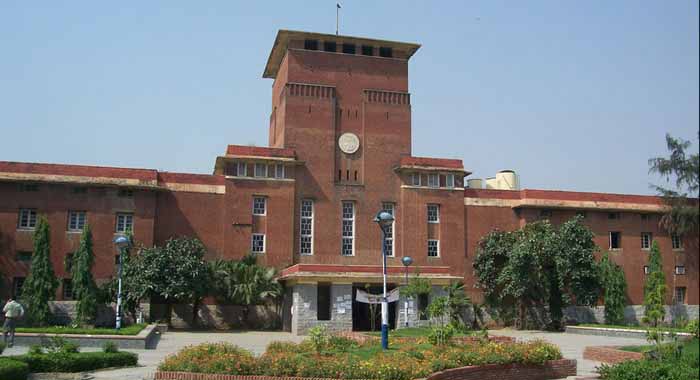Studying cultural relativism is considerably easy, but applying it in a world where intolerance and oppression come easy is a lesson in empathy. This is a piece which will help you find out what minority communities’ students experience in the educational hub of the country.
With the recent political developments in the country all parties, candidates, and persons with political ambitions, are gearing up for elections and have decided to garner the support of their respective vote-banks. The move to
provide reservation to the General category candidates from economically backward groups in higher education
and government employment is a part of the political agendas, being used to appease the majority of voters. A
democracy, though, is ideally supposed to be inclusive and fair to the minority’s desires and choices as well. So, what is the way our education system treats the minority groups in the time of politically motivated communal and religious intolerance?
There exists an Equal Opportunity Cell in the University of Delhi (DU) to incorporate the needs of minority groups. Different colleges too have outreach programmes and Cells to make minority groups comfortable in the environment of the city and college. But the working of these Cells is often under the supervision of non-minority
individuals and this stumps the factor of representation.
Another issue with the functioning of the cell and initiatives of the likes is its accessibility to the students of the
School of Open Learning (SOL). Take for instance, a 21-year-old Dalit girl studying at SOL, committed suicide on
facing casteist ill-treatment at the hands of her boyfriend. As per the report of The Indian Express, the authorities at
DU were of no help because she had no access to the Internal Complaints’ Committees as a student of SOL.
There appears to be a lack of empathy in trying to understand the way minority groups cope in the educational
atmosphere. In a survey conducted by DU Beat, 57.1% people- ranging from minority and non-minority groups
responded that the professors in DU colleges are usually ignorant to the differences when dealing with students from minority groups in a classroom discussion. In fact, linguistic distinctions are taken for granted to such an extent
by the authorities that there is a compulsory test in Hindi (CTH), which must be taken up by students who have
not studied the language in the course of their schooling years. In a country with over twenty-two official working
languages, this imposition of a North Indian tongue is unjustified. A shocking 42.9 percent responses in the survey
indicated an imposition of culture and language, by non-minority peer groups and/or by teaching methods and
authorities.
Numerous people feel a sense of insecurity in ‘fitting in’ with the crowd at DU, and even undergo mental health problems in lieu of this desire to be a part of a circle. One student of Hansraj College revealed on the condition of anonymity that she/he had to visit three different psychiatrists in three semesters because of the mental health issues their minority identity presented in DU. The psychiatrists were seldom understanding of the crisis, they stated, and most people do not even have the privilege of availing therapy.
There are some safe spaces in the city for revisiting this form of one’s identity. Kartik Chauhan of Hindu College states,“However, there are some places like the Meraki events, where Northeastern Indian students meet each other.
Likewise for the South Indian students, they organise various events and celebrate the festivals together, far from
home.” Nida from Lady Shri Ram College finds her safe space in Jamia Masjid Area at Chandni Chowk, while some responders feel there is no real escape from this lack of empathy.
The best way to create an actual environment that is safe by virtue for all groups appears to be a task based on
the mindset of the people, as per the survey. Most people believe that being thoughtful about cultural differences
and learning respect are the ways to go for a larger change, so as to invite students from all spheres in a holistic
environment where they can feel at home.
Feature Image Credits: Niharika Dabral for DU Beat.
Anushree Joshi

